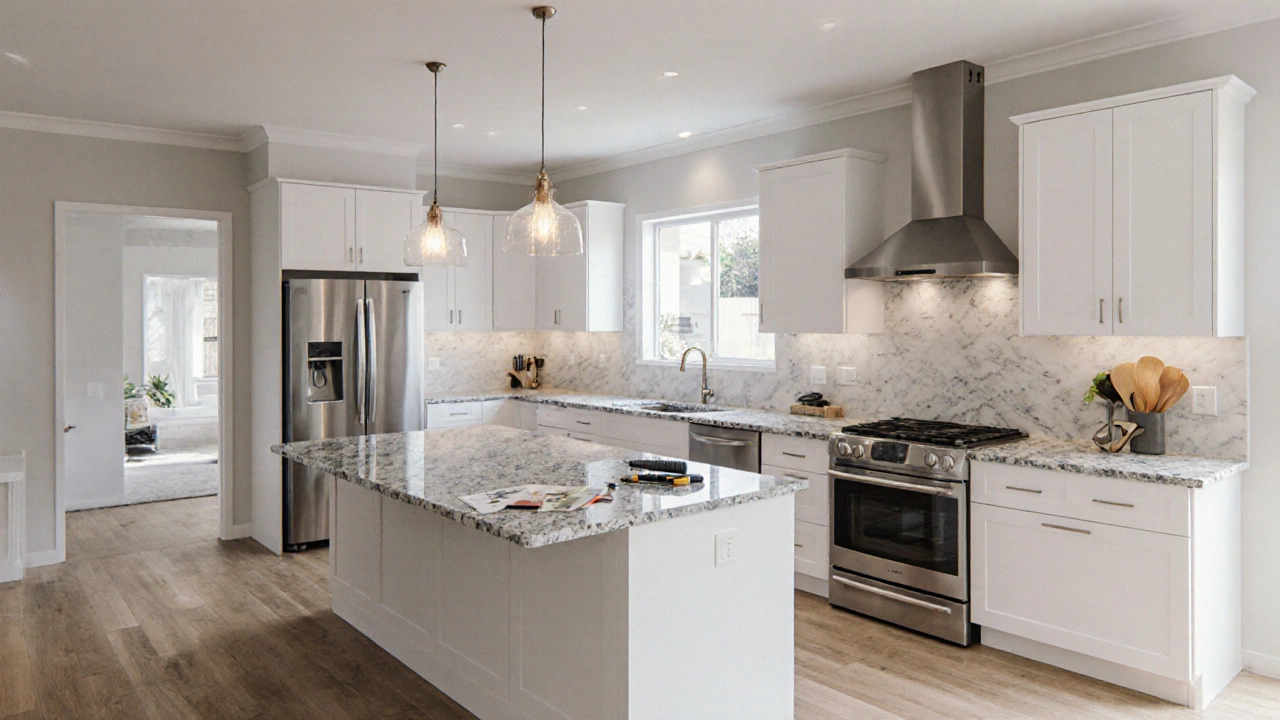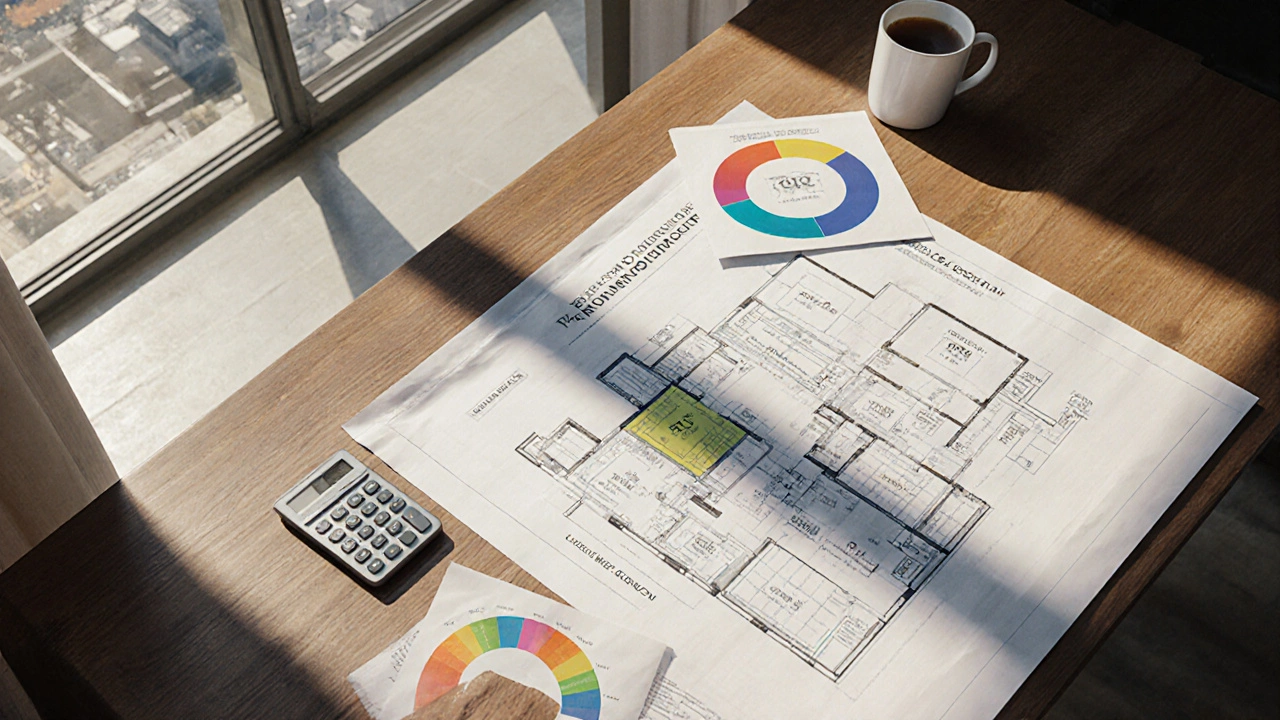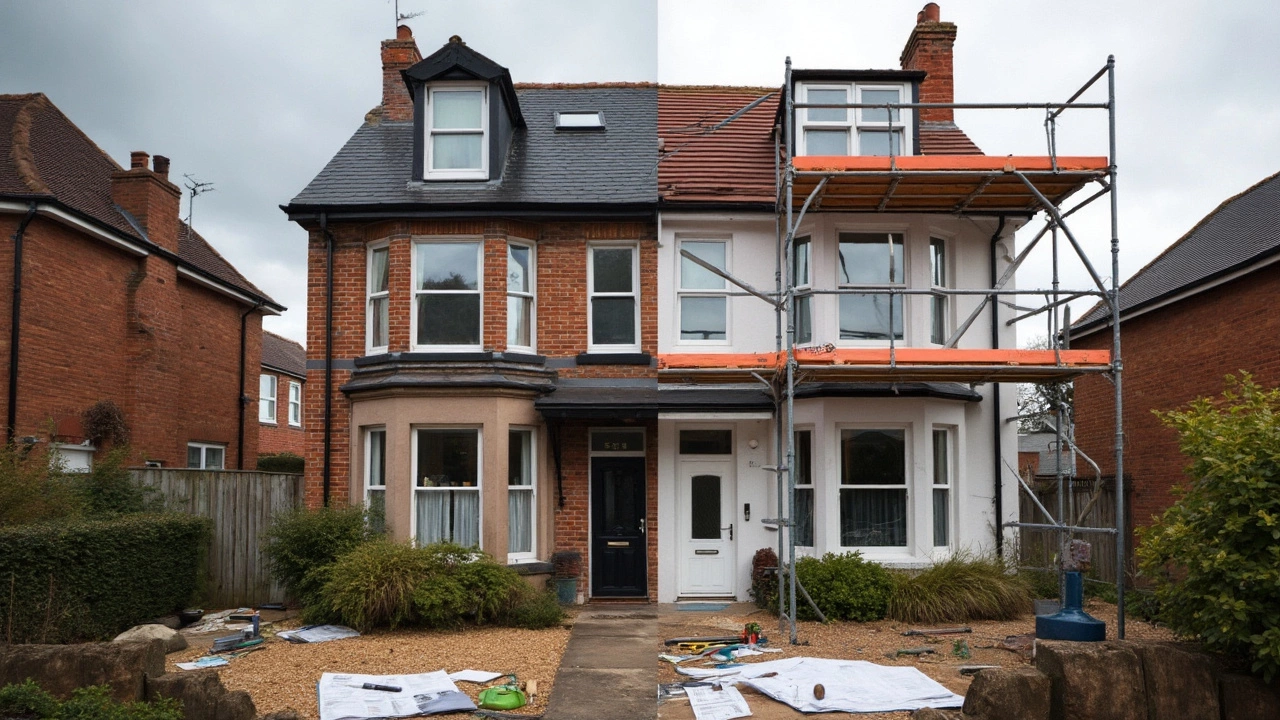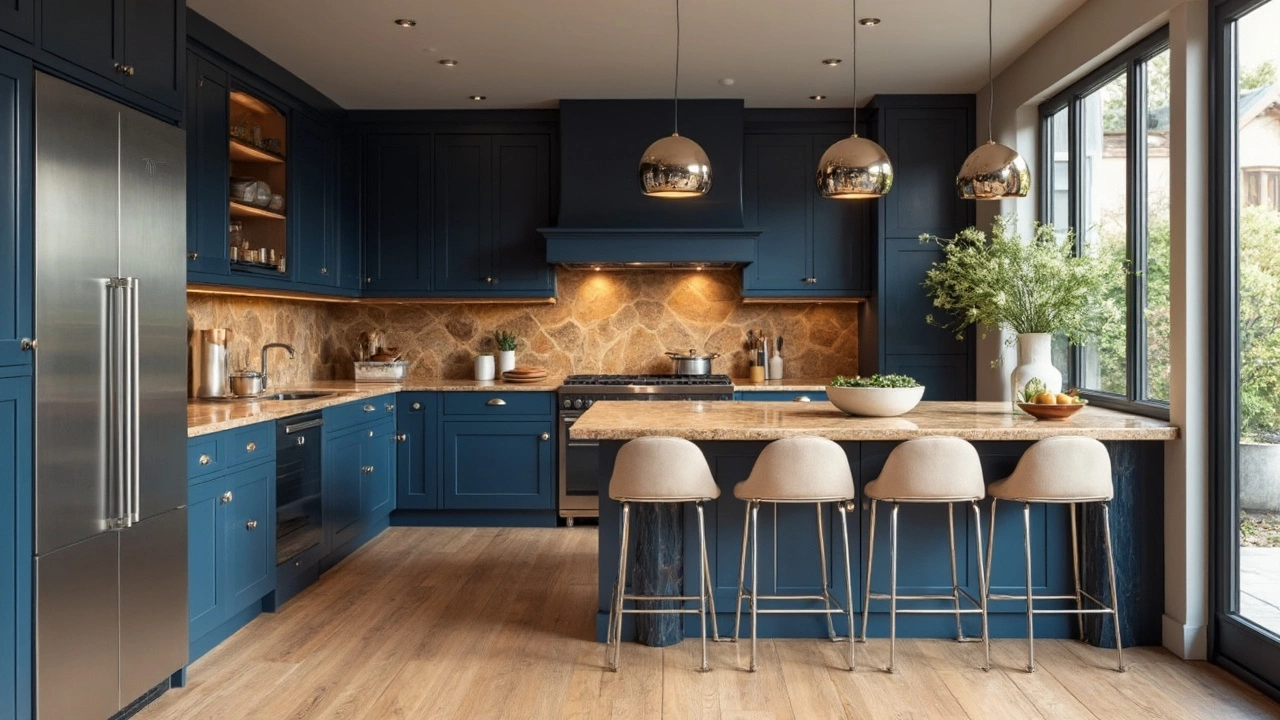Home Renovations: Your Practical Guide
Thinking about giving your house a fresh look? Whether you call it a remodel or a renovation, the process feels the same: a lot of decisions, a few surprises, and a budget that can balloon fast. This guide cuts through the noise and gives you straight‑forward advice you can use today.
Plan Before You Pick Up the Hammer
The first mistake many homeowners make is diving straight into demolition. It’s tempting to start tearing down walls, but a solid plan saves time, money, and headaches. Begin by walking through each room and noting what works, what doesn’t, and what you really need to change. Write down a list of priorities – structural fixes, safety upgrades, aesthetic upgrades – and rank them.
Next, set a realistic budget. Look at past projects online, ask friends for quotes, and add a 10‑15% buffer for unexpected costs. If you’re aiming for a $100,000 renovation, break that number down: $30k for kitchen and baths, $20k for flooring, $15k for structural work, and so on. Knowing where every pound goes keeps you from chasing adds halfway through the job.
Finally, schedule a timeline. Simple updates like repainting might take a week, while a full‑house gut can stretch to several months. Write a rough calendar: design phase (2‑4 weeks), permitting (if needed, 1‑3 weeks), demolition (1‑2 weeks), construction (4‑12 weeks), final touches (1‑2 weeks). Having dates on the wall helps you stay accountable and spot delays early.
Timing, Costs & Staying On Track
How long does a renovation actually take? The answer varies, but most homeowners can expect anywhere from three to twelve weeks for a medium‑scale project. Speed factors include the size of the crew, material availability, and how quickly decisions are made. If you’re flexible on finishes or can order supplies in advance, you’ll shave days off the schedule.
Cost spikes often come from hidden issues – outdated wiring, damp walls, or structural repairs you didn’t see in the initial walk‑through. That’s why a professional inspection before you start is worth the expense. Spotting a problem early lets you adjust the plan rather than scramble mid‑project.
One area that consistently burns a hole in the budget is the kitchen. Cabinets are usually the most expensive component, followed closely by countertops and appliances. If you’re on a tight budget, consider refacing cabinets instead of replacing them, or choose solid surface countertops that look high‑end without the marble price tag.
Sequence matters, too. Tackle structural changes first, then move on to plumbing and electrical, and finish with finishes like flooring, paint, and fixtures. Following this order prevents re‑work – you won’t have to pull up a fresh floor because you later discover a new pipe needs moving.
Lastly, keep communication open with your contractor. Weekly check‑ins, even a quick 10‑minute call, can catch small problems before they become big ones. A clear line of dialogue also means you can make on‑the‑spot decisions about finishes or layout tweaks without halting the crew.
Renovating a home doesn’t have to be a nightmare. With a solid plan, a realistic timeline, and a clear budget, you’ll see steady progress and avoid the common pitfalls that make projects go over cost and time. Ready to start? Grab a notebook, sketch out your priorities, and turn those ideas into a roadmap you can actually follow.

Is $10,000 Enough for a Kitchen Remodel in New Zealand?
Nov 27, 2025, Posted by Damon Blackwood
Is $10,000 enough for a kitchen remodel in New Zealand? Yes-if you focus on smart upgrades like refaced cabinets, laminate countertops, and refurbished appliances. Learn how to stretch your budget without sacrificing quality.
MORE
What Is a Realistic Budget for a Kitchen Remodel in 2025?
Oct 30, 2025, Posted by Damon Blackwood
A realistic kitchen remodel budget in New Zealand in 2025 ranges from $15,000 for a basic update to $55,000 for a full mid-range renovation. Learn what drives costs and how to avoid overspending.
MORE
Top Renovation Upgrades That Boost Home Value
Oct 8, 2025, Posted by Damon Blackwood
Discover the renovation upgrades that give the highest ROI, from kitchens and bathrooms to energy‑efficiency and extensions, with real NZ data, tips, and a handy ROI table.
MORE
Remodeling vs Renovating: What’s the Real Difference When Fixing Up Your House?
Jun 20, 2025, Posted by Damon Blackwood
Ever wondered whether you should remodel or renovate your home? This article breaks down the real differences between remodeling and renovating a house, from what each one means to how they affect your budget, the legal stuff, and even the value of your home. You'll get practical examples, useful tips, and surprising facts that could save you money and headaches. By the end, you'll know exactly which approach fits your next project. No fluff, just real talk.
MORE
First Step in Renovating a House: Why Planning Comes Before Demo
May 13, 2025, Posted by Damon Blackwood
Renovating a house can get overwhelming fast, so knowing the real first step is crucial. This article breaks down why you shouldn’t grab a sledgehammer right away. Learn how proper planning saves money, time, and stress. Get practical advice on assessing your home, setting your budget, and building a plan that actually works. Perfect for anyone about to tackle their first renovation—or those who learned the hard way.
MORE
How Many Days Does It Take to Renovate a House?
May 7, 2025, Posted by Damon Blackwood
Wondering how long it actually takes to renovate a house? This article breaks down the real time frames, what can speed things up or slow things down, and what you need to plan for before starting. Get tips on avoiding common delays and how to keep your project rolling. Whether you’re gutting the whole place or just updating one room, you’ll find out what to expect. Knowing the timeline upfront helps you save money, stress, and maybe your sanity.
MORE
The Most Expensive Part of a Kitchen Remodel: What to Expect
Feb 17, 2025, Posted by Damon Blackwood
Renovating a kitchen can be an exciting but costly endeavor, with cabinetry often being the priciest component. Many focus on cabinets because they set the tone for the kitchen's aesthetic. Other costly areas include countertops and appliances, which can quickly add up. Being aware of these costs is crucial for budgeting effectively.
MORE
Effective Home Remodeling Sequence for Optimal Results
Nov 15, 2024, Posted by Damon Blackwood
Remodeling a home is an intricate process that requires strategic planning and execution. To achieve the best outcomes, it is important to follow a logical sequence of steps that ensure efficiency and minimize disruptions. This guide outlines the critical stages of a home remodel, from initial planning and infrastructure updates to detailed finishing touches. By understanding the proper order, homeowners can save time and avoid common renovation pitfalls.
MORE
Is $100,000 Enough for a Successful Home Renovation?
Nov 13, 2024, Posted by Damon Blackwood
Thinking of giving your home a new look with a $100,000 budget? This article explores whether this amount can cover a complete renovation, considering various factors such as location, type of renovation, and material costs. Get insights into smart budgeting strategies, potential renovation costs, and tips to make the most of your renovation budget. Discover whether your vision and your budget can align without any unpleasant surprises.
MORESEARCH HERE
Categories
TAGS
- foundation repair
- commercial construction
- construction
- new builds
- home improvement
- home renovation
- bathroom renovation
- construction materials
- residential construction
- building codes
- home foundation
- building types
- renovation tips
- construction differences
- contractor
- building materials
- foundation cracks
- home construction
- architectural services
- building contractor